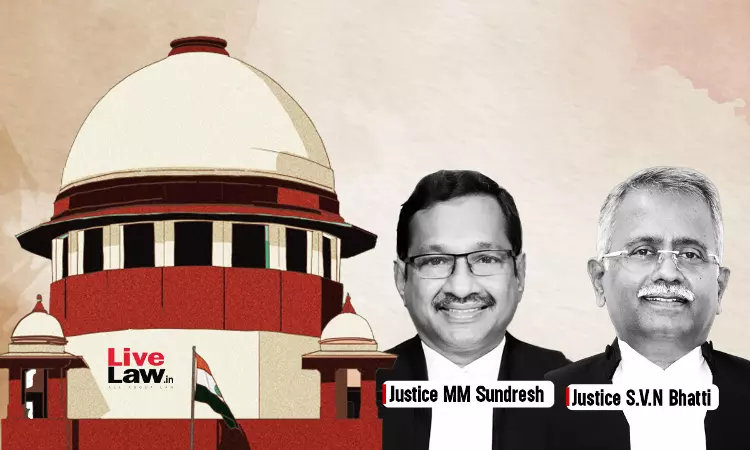Waqf Board & Not Waqf Tribunal Has Jurisdiction To Decide Issue Of Mutawalli : Supreme Court
Gyanvi Khanna
19 April 2024 9:30 AM IST

Next Story
19 April 2024 9:30 AM IST
Recently, the Supreme Court held that the original jurisdiction to decide the issue pertaining to Mutawalliship vests with the Waqf board and not the Waqf Tribunal. Distinguishing the role of the Waqf Tribunal from that of the board, the Court said that the former is an adjudicatory authority while the latter deals with administration-related issues. “After all, the Waqf Tribunal is...
